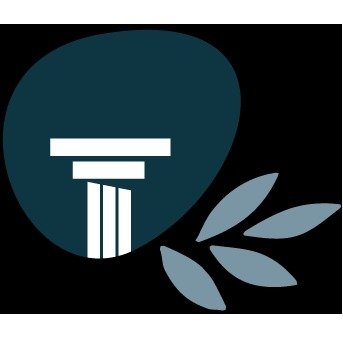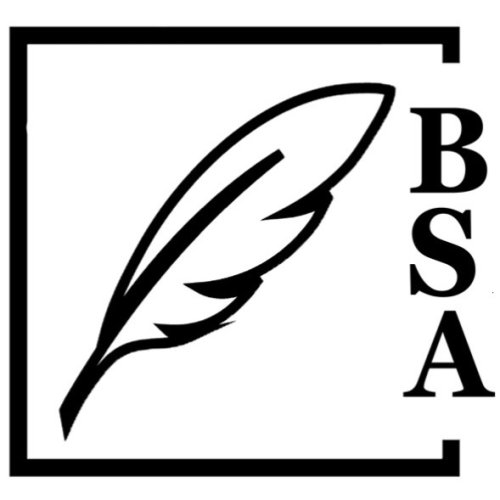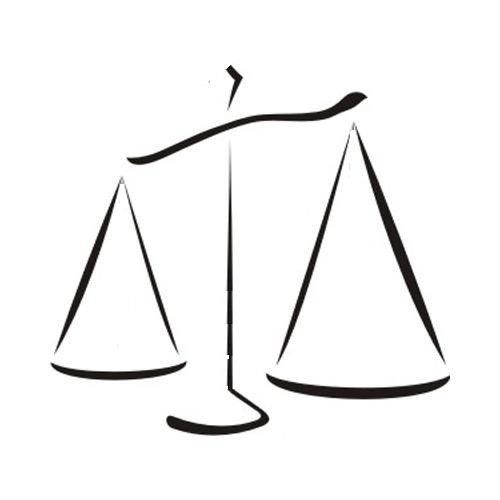Best Education Law Lawyers in Skopje
Share your needs with us, get contacted by law firms.
Free. Takes 2 min.
List of the best lawyers in Skopje, North Macedonia
About Education Law in Skopje, North Macedonia
Education Law in Skopje, North Macedonia, encompasses the legal frameworks that govern the education system in the country. This includes regulations on the rights and duties of students, teachers, and educational institutions. The legal framework aims to ensure the provision of quality education, adherence to national educational standards, and protection of the rights of all stakeholders involved in the education sector. The Ministry of Education and Science is the central authority responsible for the development and implementation of education policies, ensuring that they are in line with both national priorities and international standards.
Why You May Need a Lawyer
Individuals or institutions may need legal assistance in the field of Education Law in several situations, including:
- Disputes with educational institutions, such as wrongful expulsion or discrimination.
- Employment issues involving teachers or administrative staff.
- Ensuring compliance with education regulations and standards for schools or universities.
- Addressing issues related to special education needs or access to education for marginalized groups.
- Understanding the legal rights of students, parents, and educators.
- Dealing with matters related to educational accreditation and certification.
Local Laws Overview
Key aspects of local laws relevant to Education Law in Skopje include:
- The Law on Primary Education, which outlines the organization and operation of primary schools and the rights and obligations of students and school staff.
- The Law on Secondary Education, which sets the framework for secondary education institutions, curricula, and standards.
- The Law on Higher Education, governing universities and higher education institutions, including accreditation and degree recognition.
- Regulations concerning the inclusion of students with special educational needs.
- Anti-discrimination laws related to education, ensuring equal access for all students regardless of nationality, ethnicity, or disability.
Frequently Asked Questions
What rights do students have in North Macedonian schools?
Students have the right to quality education, protection from discrimination, safe and conducive learning environments, and participation in the student councils and decision-making processes.
How can parents address grievances with schools?
Parents may start by addressing their concerns with the school's administration. If unresolved, they can escalate the issue to the School Inspectorate or seek legal advice.
Are there legal provisions for students with disabilities?
Yes, North Macedonian law includes provisions for integrating students with disabilities into the regular education system and providing necessary accommodations and support.
What is the process for establishing a private school?
Establishing a private school requires compliance with national standards, obtaining accreditation from the Ministry of Education and Science, and adhering to local educational laws.
Can foreign qualifications be recognized in North Macedonia?
Yes, foreign qualifications can be recognized through a process overseen by the Ministry of Education and Science, which includes comparing the foreign curriculum with national standards.
What are the rights of teachers in North Macedonia?
Teachers have rights related to fair employment practices, safe working conditions, and participation in professional development activities. They also have obligations to uphold educational standards.
Where can I find the curriculum for schools?
The national curriculum is available through the Ministry of Education and Science's official publications and website. Schools may also provide their specific programs.
How are school discipline issues typically handled legally?
School discipline issues are addressed per the school's code of conduct and may involve discussions with parents, intervention by school boards, and adherence to national educational laws.
What can be done if a university refuses to issue a diploma?
Students can address this issue by contacting the university administration. If unresolved, they can seek assistance from the Ministry of Education or a legal professional specializing in Education Law.
Are there laws regarding the use of technology in education?
Yes, there are guidelines and regulations to ensure that technology is used effectively and safely in educational settings, promoting digital literacy while protecting students' data privacy.
Additional Resources
Here are some resources that can be helpful for those seeking legal advice in Education Law:
- Ministry of Education and Science: The primary governmental body responsible for educational policies.
- School Inspectorate: Oversees compliance with educational standards and addresses grievances.
- Ombudsman: Provides assistance with issues related to human rights violations in education.
- Legal aid organizations: Offer resources and potential free legal assistance for those with limited means.
Next Steps
If you need legal assistance in Education Law, consider the following steps:
- Identify the specific issue or dispute you are facing within the educational framework.
- Gather all relevant documentation, such as contracts, communications with the institution, or legal notices.
- Contact a lawyer specializing in Education Law to get professional advice tailored to your situation.
- Consider reaching out to governmental bodies like the Ministry of Education for guidance or intervention.
- Look into local legal aid organizations if you require legal support but are concerned about costs.
Lawzana helps you find the best lawyers and law firms in Skopje through a curated and pre-screened list of qualified legal professionals. Our platform offers rankings and detailed profiles of attorneys and law firms, allowing you to compare based on practice areas, including Education Law, experience, and client feedback.
Each profile includes a description of the firm's areas of practice, client reviews, team members and partners, year of establishment, spoken languages, office locations, contact information, social media presence, and any published articles or resources. Most firms on our platform speak English and are experienced in both local and international legal matters.
Get a quote from top-rated law firms in Skopje, North Macedonia — quickly, securely, and without unnecessary hassle.
Disclaimer:
The information provided on this page is for general informational purposes only and does not constitute legal advice. While we strive to ensure the accuracy and relevance of the content, legal information may change over time, and interpretations of the law can vary. You should always consult with a qualified legal professional for advice specific to your situation.
We disclaim all liability for actions taken or not taken based on the content of this page. If you believe any information is incorrect or outdated, please contact us, and we will review and update it where appropriate.











